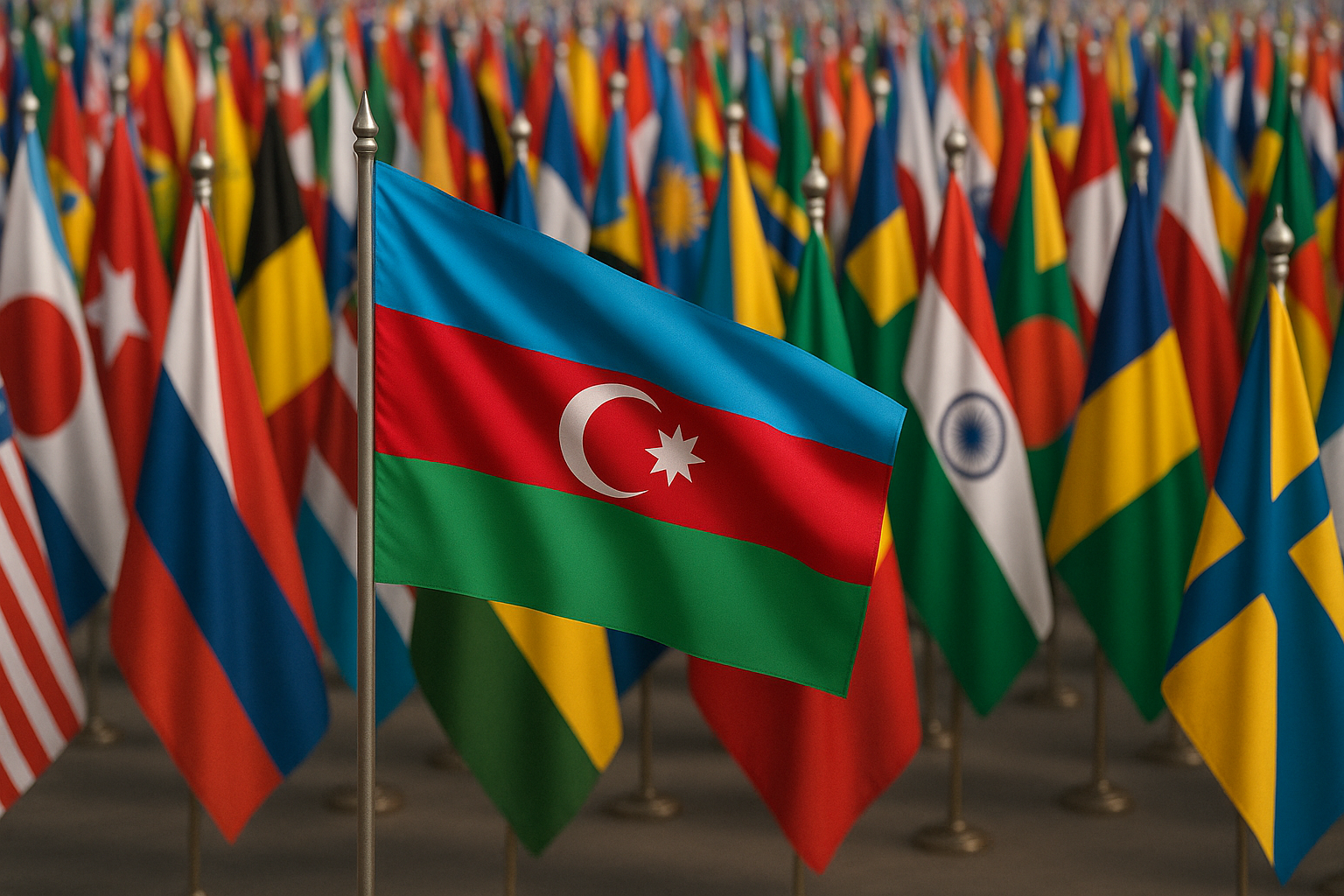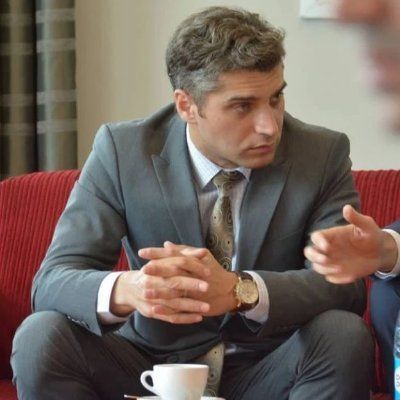From NAM to COP29: Azerbaijan champions Global South's role in international governance

In recent years, the concept of the Global South has evolved from a political term of convenience to a realignment of global power dynamics. As underscored by Azerbaijani President Ilham Aliyev's remarks on the occasion of his meeting with Chinese President Xi Jinping, the Global South is not just asserting itself; it is rewriting the rules of international engagement. From multilateral diplomacy to economic coordination, nations such as China and Azerbaijan are crafting a new narrative that challenges the established hierarchy and advocates for a more equitable global order.
At the heart of this transformation is the principle of multilateralism, which both countries espouse. Azerbaijan's chairmanship of the Non-Aligned Movement (NAM) from 2019 to 2023 was marked by a concerted effort to give the bloc renewed relevance. As the second-largest international organization after the UN, NAM is uniquely positioned to act as a counterweight to Western-led alliances. Under Azerbaijan’s stewardship, the movement pursued policy coordination among developing nations, advocated for equitable access to COVID-19 vaccines, and foregrounded the interests of small and medium-sized states often left out of global decision-making processes.
China, for its part, has been the standard-bearer of the "community of common destiny" — a philosophical and geopolitical framework intended to foster a more cooperative and less hegemonic world. It emphasizes peace, development, and mutual respect for sovereignty while criticizing the traditional dominance of Western powers. Though skeptics have questioned China's commitment to these ideals given its own strategic interests, the concept has found traction in many capitals across the Global South, particularly among nations seeking alternatives to the binary Cold War-like structures that have reemerged in recent years.
Together, China and Azerbaijan present a case study in how mid-sized and large powers from the Global South can form meaningful partnerships to influence international institutions. In Astana last year, Xi and Aliyev jointly advocated for the UN system's centrality and expressed opposition to power politics. Their message was clear: global governance should not be the exclusive purview of the few; it must reflect the voices and needs of the many.
"Today, countries of Asia, Africa, and Latin America, which together form the Global South, make up almost two-thirds of the UN member states. They account for about 80 percent of the world's population, about 50 percent of the world's GDP, and about half of the total volume of international trade. The participation of the Global South in building a more sustainable, fair, and secure world order is a natural process," said President Ilham Aliyev in his interview with China's Xinhua News Agency.
This is not an abstract or purely idealistic proposition. The statistics speak volumes. Countries of the Global South—spanning Asia, Africa, and Latin America—now comprise nearly two-thirds of UN member states. They represent about 80 percent of the world’s population, nearly 50 percent of global GDP, as mentioned by the President, and account for half of all international trade. These figures illustrate a fundamental dissonance between global realities and the power structures that govern them.
That dissonance has practical consequences. Whether it’s climate change, food security, or vaccine equity, the prevailing international system has often failed to respond adequately to the most urgent needs of the Global South. Azerbaijan’s focus on these themes during its NAM chairmanship and now in its leadership role for COP29 is telling. It aims to bridge the Global South and North, emphasizing that no solution to global challenges can succeed without inclusive dialogue and shared responsibility.
But the path forward is not without obstacles. The Global South remains internally diverse and, at times, fragmented in its priorities. Political instability, economic inequality, and governance challenges persist across many member states. And while countries like China and Azerbaijan promote multilateralism, their approaches to democracy and human rights often invite scrutiny from Western observers.
Still, the growing influence of the Global South is undeniable. It represents a paradigm shift in global governance—one that prioritizes plurality over polarity. The West, accustomed to setting the agenda, must now contend with an international community that increasingly demands equity, not charity; cooperation, not coercion.
The concept of a community of common destiny may not yet be universally accepted, but its core tenets are gaining relevance. As the geopolitical center of gravity continues to shift, this idea serves as a reminder that sustainable peace and development cannot be achieved through unilateralism. It requires a shared vision—a genuinely multilateral order grounded in mutual respect, legal norms, and shared values.
In this moment of uncertainty, countries like Azerbaijan and China are offering a framework that, at the very least, deserves a seat at the table. Whether the rest of the world is willing to listen will determine not only the future of the Global South, but also the trajectory of the international system itself.
Here we are to serve you with news right now. It does not cost much, but worth your attention.
Choose to support open, independent, quality journalism and subscribe on a monthly basis.
By subscribing to our online newspaper, you can have full digital access to all news, analysis, and much more.
You can also follow AzerNEWS on Twitter @AzerNewsAz or Facebook @AzerNewsNewspaper
Thank you!

